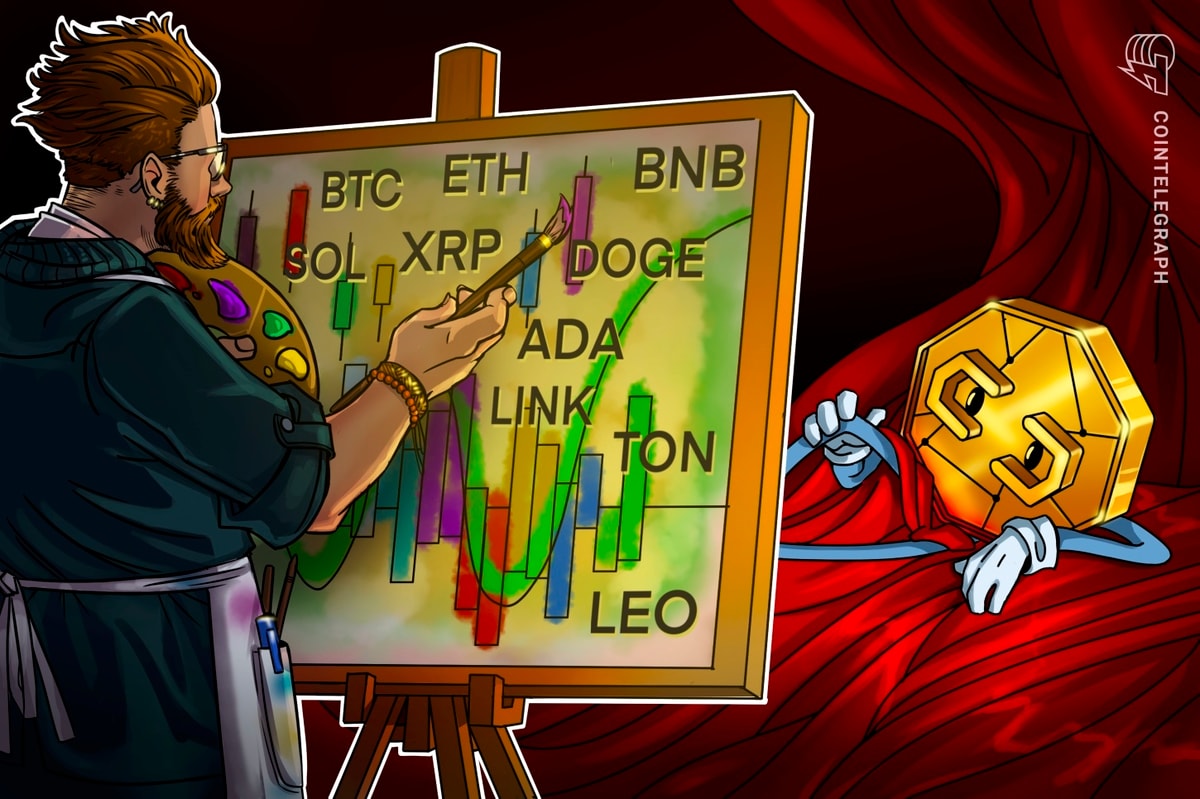It is no secret that blockchain technology is coming into its own with applications moving beyond the testing phase and now starting to be implemented in real life and at scale. We are seeing blockchain-based companies help to reduce or eliminate fraud, decentralized exchanges allowing for the trade of digital assets and firms using blockchain to enable smart contracts and many other solutions.
Start-ups like these and others that are providing real-world solutions, improving lives and creating jobs form part of a blockchain market that is expected to grow considerably over the coming years, from $3 billion in 2020 to $39.7 billion in 2025.
For those of us in the blockchain space, this is great news as we will start to see even more innovation and progress. However, this will also lead to challenges, and I foresee a significant one to be the war for talent.
There is already a shortage of blockchain talent. It is thought that there are currently only a little over 18,000 dedicated Web3 developers worldwide. Cryptocurrency firms are struggling to fill thousands of available job openings and in Asia, almost a third of blockchain companies cite talent shortage as a top challenge.
Blockchain needles in a haystack
For those who depend on great blockchain talent for their business, finding talent in this environment can be time-consuming and challenging. However, by understanding where to find blockchain talent and matching their needs on a professional level, it is possible to grow your team of blockchain developers and engineers.
A good starting point is looking at the activities of some of the blockchain protocols and platforms, such as what Web3 organizations like Polkadot, Algorand, Celo, Zilliqa, etc., are doing in this space. Many of them will organize innovative and wide-reaching hackathons and workshops that bring together developers from around the world. Partnering with these organizations is a good start.
Smaller companies should band together to conceptualize and work on developer engagement initiatives. I would recommend working with developer relations organizations to put together hackathons, workshops or just networking sessions — both physically and/or virtually — to get in front of the developer community and highlight what you can bring to them.
Various Web3 segments are gaining in popularity in Asia. For instance, GameFi, or ‘Play to Earn,’ is growing fast in the region. While there is not necessarily a straight-line correlation between tech popularity and the growth in the number of developers in any particular country, we can expect more developers in these countries to take on the technology, especially as governments start to make blockchain adoption easier.
How to attract talent
While we know there is a depth of talent in Asia, the biggest challenge that many companies have is persuading good candidates to come and work for them. While every developer is unique with different wants and needs, there are certain things that a good developer will look for when it comes to a career or employer.
Blockchain is still relatively new and great talent can come from anywhere. For Web3 in particular, while there’s an estimate of there being a little over 18,000 dedicated developers, there are many more who work on Web3 as a hobby. They teach themselves in their free time and get themselves involved in the ecosystem simply because they love the technology.
Great developers may not have the right degree or formal work experience, but would still add value to you and your team. I suggest you think outside the box when it comes to finding blockchain talent.
A developer’s biggest and best ‘weapon’ is his/her skills and knowledge, be that Solidity, Rust, Go, etc. They need to be constantly learning and on top of their skills in order to keep their edge — this applies to pretty much all developers, not just blockchain developers.
As a potential employer, if you can articulate how the developer will be able to apply the skills they have mastered and have the opportunity to develop new skills, it would help alleviate many of these fears. Additionally, firms at the frontier of new tech should communicate clearly how theirs is the tech of the future.
One area that managers and leaders need to be careful of is avoiding micro-managing their developers and ensuring they fully understand the value of the work they do. If leadership teams are not fully aware of this, developers may struggle to fully support projects as leaders are unable to see ROI, affecting how innovative and creative developers can be.
Employers should be aware of this, and while it is understandable that managers would want to know what their development team is up to, they should give their talent the space they need to innovate and succeed.
Good developers want to make a contribution to the company, achieve things, help others excel, showcase their own talent and ship meaningful products. If their boss starts micro-managing, then this can severely affect morale and performance.
One of the few positive aspects of the last two years is the acceptance of remote working which has become normalized. I mentioned earlier how great blockchain talent exists all over the region, from Taiwan to Vietnam, so firms can consider bringing on talent offshore without the costly and disruptive need to relocate.
Employers should not just see developers as a headcount to achieve an objective but as a partner for growth. Many have years — or even decades — of experience working for various organizations and can bring vital insights and ideas.
Ultimately, the key to finding and accessing blockchain talent is understanding the needs of the developer community. As an employer, you should be able to expose them to long-term opportunities and new technology while giving them the freedom to innovate and build solutions. There is plenty of talent out there waiting to be tapped; it’s just a matter of how.
Yi Ming is the CEO of Tribe, Singapore’s first government-supported blockchain ecosystem builder.
This article was published through Cointelegraph Innovation Circle, a vetted organization of senior executives and experts in the blockchain technology industry who are building the future through the power of connections, collaboration, and thought leadership. Opinions expressed do not necessarily reflect those of Cointelegraph.
Learn more about Cointelegraph Innovation Circle and see if you qualify to join











